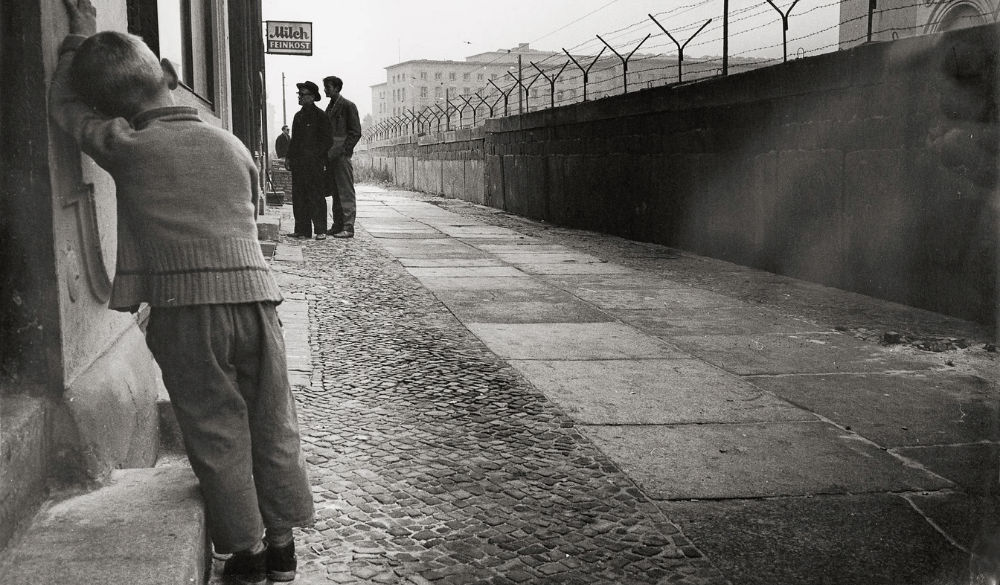30 Years after the Berlin Wall’s Collapse, Americans Don’t Understand Communism’s Dangers
There’s a reason why after a great tragedy we are called to never forget. Humanity has a tendency to make the same mistakes over and over.
EXCERPT
What a difference three decades make. When the Berlin Wall was torn down on November 9, 1989, it symbolized the collapse of the Iron Curtain and the liberation of more than 300 million people from the tyrannical grip of communism. We in the west celebrated the start of a new era of democracy and freedom, one we were told was possibly endless. Yet a mere 30 years later, communist parties are gaining ground, and the free world is literally shrinking — in size and spirit.
Freedom’s retreat is evident from Asia to Africa to South America and even closer to home. Across the Pacific, the Chinese Communist Party is pursuing a policy of oppression at home and aggression abroad, cracking down on Hong Kong’s liberty and seeking to create satellites from Nepal to Djibouti. North Korea is threatening free South Korea and Japan and, with China’s protection.
•••
The struggle against communism is the most successful human-rights movement in history, yet it is far from over. The collapse of the Soviet Union liberated roughly a fifth of the one-and-a-half billion people who suffered under communist rule. Thirty years later, the communist parties in power are still the most oppressive force on Earth, and this problem is only growing worse. The sooner we remember the lessons of 1989, the sooner we’ll finish the work that started with the fall of the Berlin Wall.
At the time of publishing, Marion Smith was executive director of the Victims of Communism Memorial Foundation.
Originally published in USA Today.

